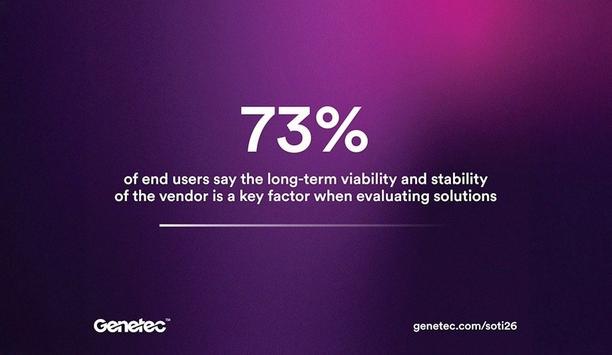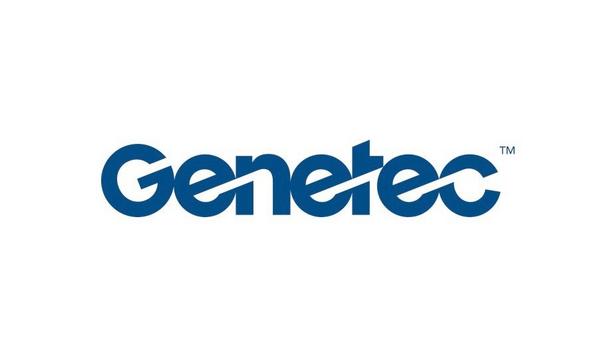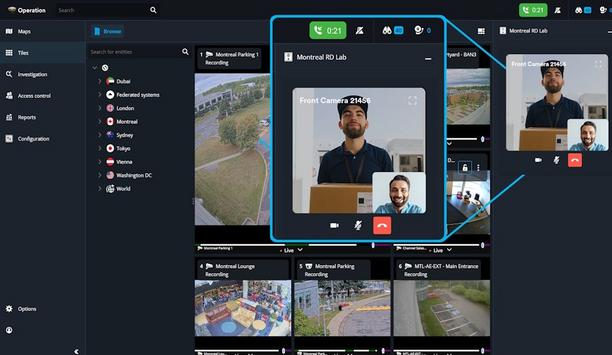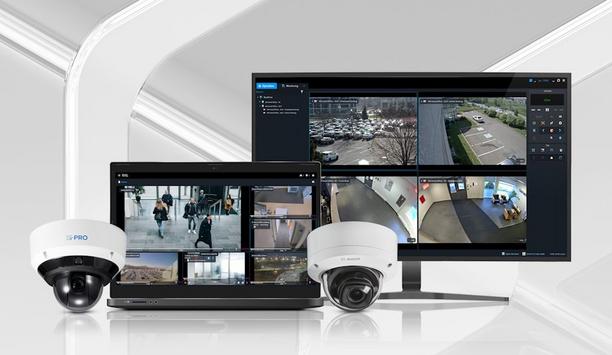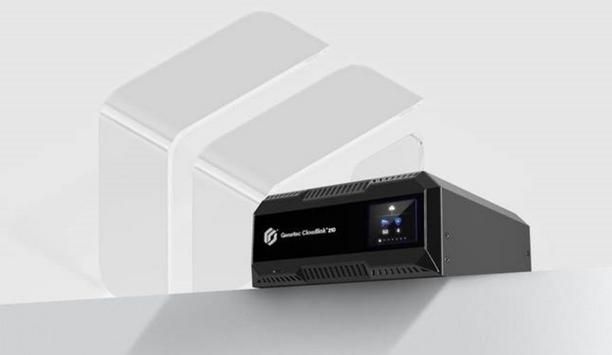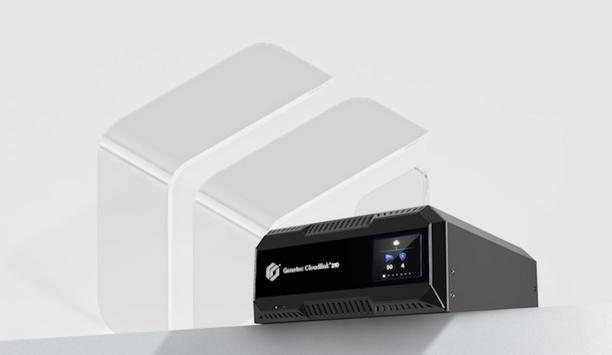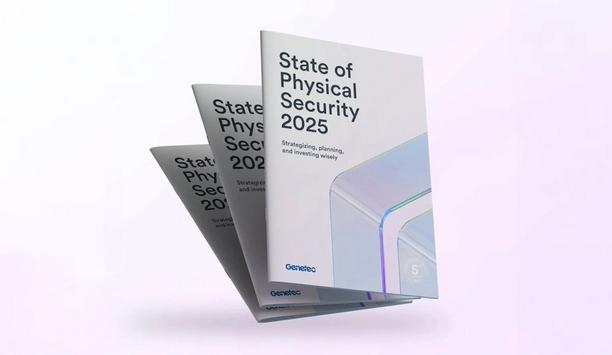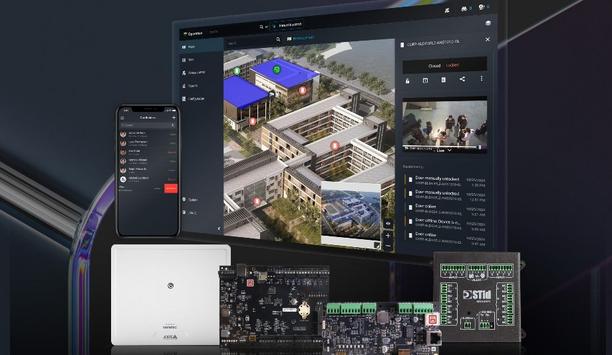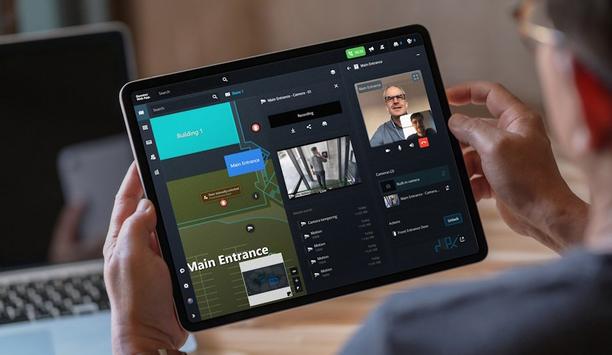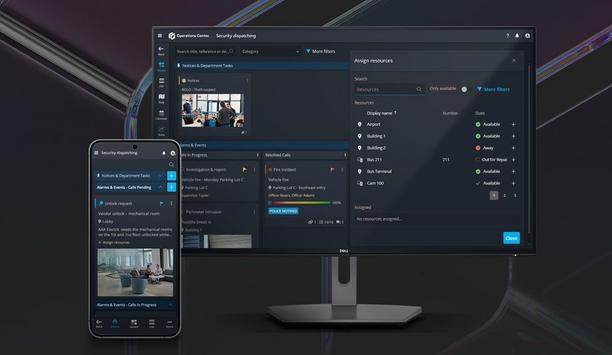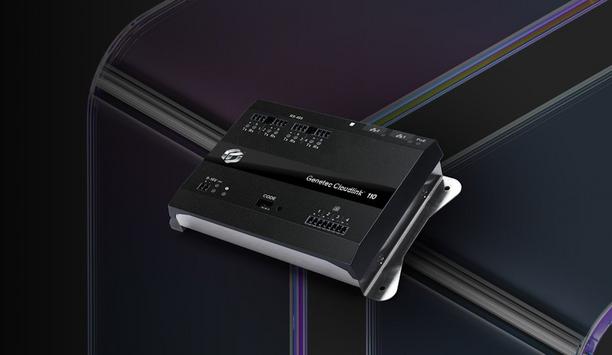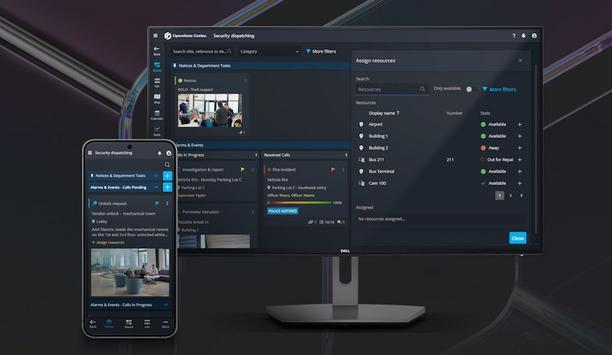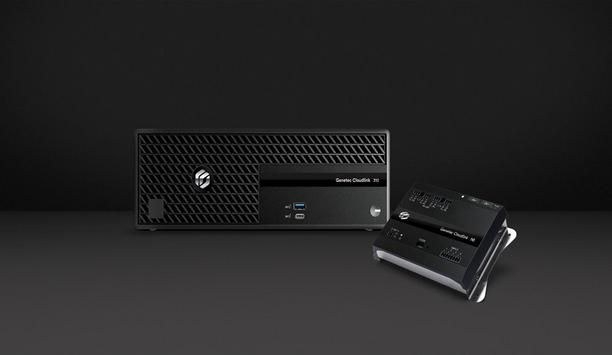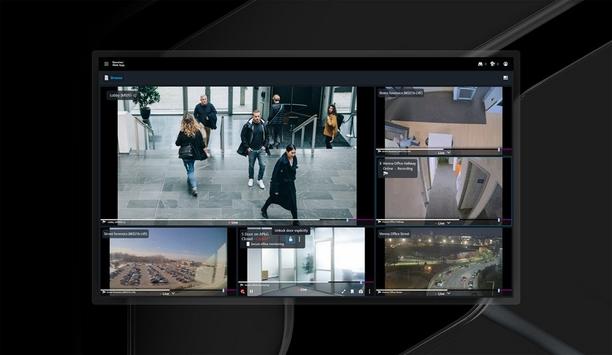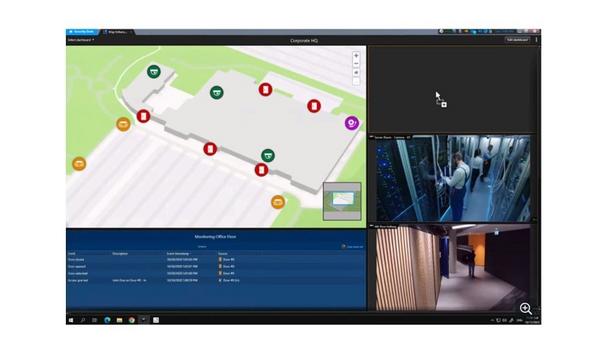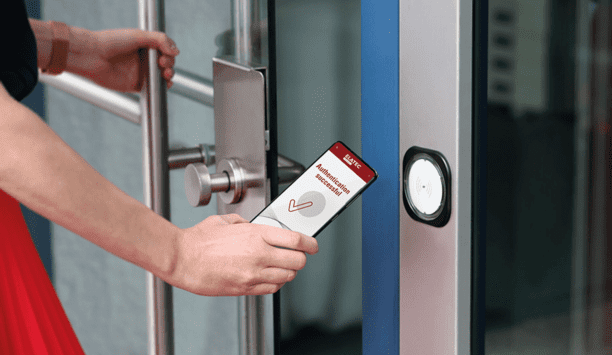Christian Morin

Christian Morin
Chief Security Officer & Lead Strategist, Cloud Services, Genetec, Inc.Christian Morin is the Chief Security Officer and lead strategist for Cloud Services at Genetec. With over 18 years of experience in IT, telecommunications and physical security industries, Chris has a keen ability to anticipate technological trends and drive meaningful organizational growth. He is a multidisciplinary business leader, having managed the Operations, Customer Service, Sales Engineering, Technical Support, Professional Services, and IT Teams since joining Genetec in 2002. Chris’ executive leadership continues to support the strategic direction and success of the company.
Articles by Christian Morin
Adoption of the cloud is not slowing down. In fact, what’s happening is quite the opposite. According to IDC, worldwide spending on cloud computing is expected to reach $162 billion USD in 2020,...
News mentions
Genetec Inc., the pioneer in enterprise physical security software, now released its sixth annual State of Physical Security report. Based on insights from over 7,300 physical security pioneers worldw...
According to the newly released 2025 Access Control Report from global research firm Omdia, Genetec Inc., the pioneer in enterprise physical security software, continues to expand its s...
According to the newly released 2025 Access Control Report from global research firm Omdia, Genetec Inc., the global pioneer in enterprise physical security software, continues to expand its share of...
Genetec Inc., the global pioneer in enterprise physical security software, announced the addition of cloud-native audio communications capabilities to Security Center SaaS. Building on more tha...
Genetec Inc. (“Genetec”), the global pioneer in enterprise physical security software, announced that it continues to dominate the global video surveillance software market, according to n...
Genetec Inc., the pioneer in enterprise physical security software, announced new updates to Security Center SaaS, the company’s enterprise-grade Security-as-a-Service (SaaS) solution. Since it...
Genetec Inc., the pioneer in enterprise physical security software, announces the addition of intrusion management to Security Center SaaS, the company’s unified physical security solution that...
Genetec Inc., the pioneer in enterprise physical security software, announced Genetec Cloudlink™ 210, the industry’s first cloud-managed appliance to support multiple security workloads, i...
Genetec Inc., the global pioneer in enterprise physical security software, shared the results of its 2025 State of the Physical Security Report. Based on insights from over 5,600 physical securi...
According to the 2024 Access Control report by Omdia, Genetec., the pioneer in enterprise physical security software, has consistently gained market share over the last six years, solidifying its posi...
Genetec Inc., a pioneering technology provider of unified security, public safety, operations, and business intelligence solutions, announced that it has once again been recognized as the world pionee...
Genetec Inc., a technology provider of unified security, public safety, operations, and business intelligence solutions, announced the launch of Operations Center, a cloud-based work management solu...
Genetec Inc., a pioneering technology provider of unified security, public safety, operations, and business intelligence solutions, announced the launch of Genetec Cloudlink™ 110, the lates...
Genetec Inc., a pioneering technology provider of unified security, public safety, operations, and business intelligence solutions, announced the launch of Operations Center, a cloud-based work m...
Genetec Inc., a pioneering technology provider of unified security, public safety, operations, and business intelligence solutions, announced the opening of several new R&D hubs and experience cen...
Genetec Inc., a renowned technology provider of unified security, public safety, operations, and business intelligence solutions, announced that its new enterprise-grade SaaS solution, Security Center...
Genetec Inc., a technology provider of unified security, public safety, operations, and business intelligence solutions announced that its new enterprise-grade SaaS solution, Security Center Saa...
Genetec Inc., a pioneering technology provider of unified security, public safety, operations, and business intelligence solutions, announced Security Center SaaS. Built with cybersecurity and privacy...
In support of International Data Privacy Day, Genetec Inc., a globally renowned technology provider of unified security, public safety, operations, and business intelligence solutions, shares data pro...
Genetec Inc., a technology provider of unified security, public safety, operations, and business intelligence solutions announced a new version of its flagship unified security platform, Sec...

